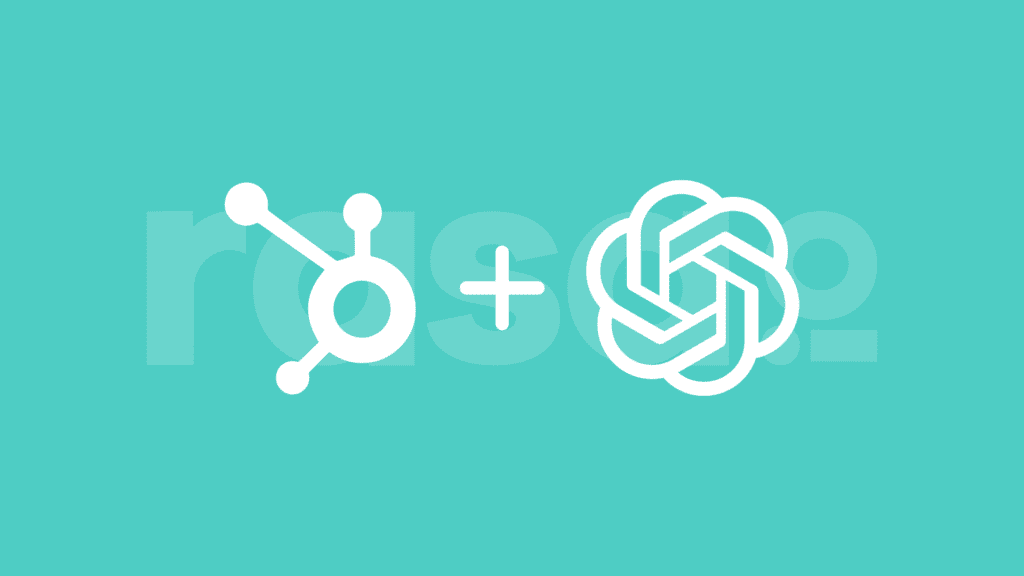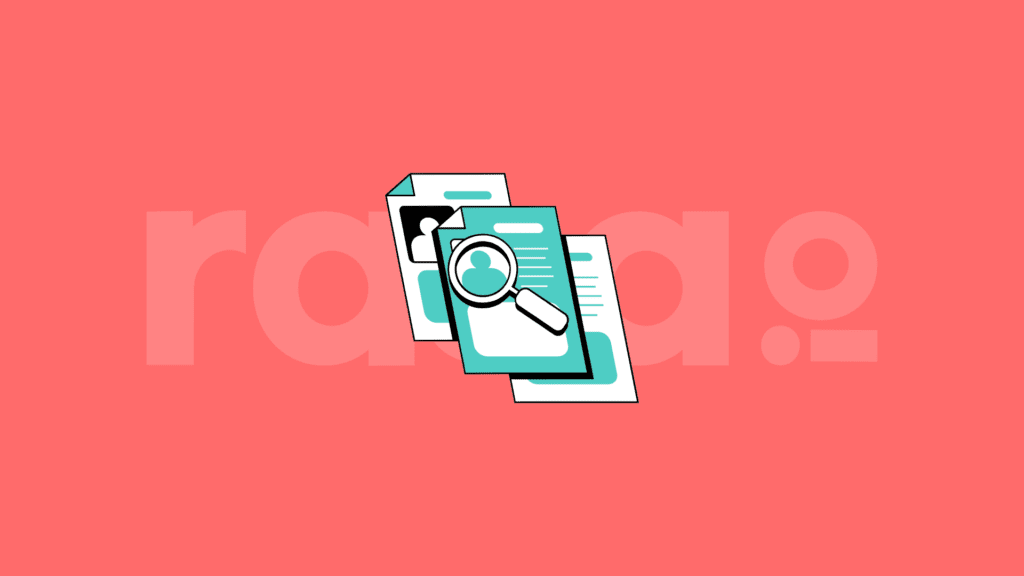If your business is looking to master a future-oriented marketing strategy, you must adopt Artificial Intelligence. According to a report, 71 percent of marketers say they find AI helpful for personalization. So, let’s talk about what AI is and its place in marketing.
- Marketers that find AI helpful for personalization 71%
What is AI
Artificial Intelligence is a technology that allows machines to learn and think like humans. You can give it the ability to reason and write like humans. These impressive powers of artificial intelligence come from machine learning algorithms.
Another quality of a machine learning-enabled system is making accurate forecasts about future business needs and strategies based on large sets of legacy data. The longer you use the AI system, the better it gets.
How Does AI work in Marketing
AI marketing software is not just something that you will see in the future – they are here and being used by many businesses – maybe even yours already. From ad buying to automation, content strategy to analytics, and emails to social media marketing, artificial intelligence has been making a lot of noise for quite some time now.
You can train your AI to leverage customers’ preferences, behaviors, beliefs, and interests to create a more personalized experience. You can do this for a group of customers or for each customer individually – this is how sophisticated these machine learning systems can be.
An AI system will even know where your customer has been and where they are going. What products they have been searching for and their previous purchase history etc. This system will use this data to fuel its reasoning and make accurate and relevant predictions about the customers’ future needs and wants.
This will help you create a customer-centric marketing strategy to target each customer according to their interests and needs. You can say that an AI-powered marketing strategy is somewhat of a prediction machine that will help your business save time, money, and energy while increasing return on investments (ROI)
Why Should You Use AI?
If you are a business still on the fence about whether AI can actually aid your marketing campaigns, here are three reasons to convince you.
- Improved Sales – According to experts, AI can help enhance your consumers’ engagement which will translate into an increase in sales figures. 80 percent of marketers are already using AI-based marketing strategies for better consumer engagement.
- Saves Time – While using a manual analytical approach is an effective means to gauge your customers’ behavior, it is definitely time-consuming. Artificial intelligence takes that entire headache away and gives you a plain and straightforward prediction on what areas you should focus on and how to make your marketing more efficient.
- Saves Money – By eliminating the need for analytics experts to go through your data, AI can help you eliminate extra employee costs. The automation of your marketing strategy is your real friend in this scenario.
Create a Personalized Marketing Campaign with AI
You can create a highly successful personalized marketing strategy using artificial intelligence. However, you have to ensure that it is worth the investment because if you are only marketing to a handful of people, then AI is probably not the right way to do it.
That said, personalization of any aspect of the business was the ideology behind the creation of artificial intelligence. AI can go through a massive amount of data on consumers’ buying history, seasonal buying behavior, etc. The system then reasons and creates logic to identify trends and make new accurate recommendations. Once you receive an output from the AI system, you can use this well-processed information to your advantage and take actions for improved ROI.
There is good news for marketers that they identify trends for individual customers and an entire category of customers. You can also personalize marketing content. For example, you can create personalized newsletters for each customer based on their background information, profession, interests, and hobbies, and purchasing history.
Moreover, your AI system will be smart enough to display content to the customers that are relevant to their interests. For example, when you search for something on Google or Facebook, you start seeing similar products and services in your live feed and banner ads on other websites.
AI for Email
Artificial intelligence can help your business determine the best content to send to each customer. The right timing can play a vital role in customers opening and reading your email. AI can also identify whether to use bi-weekly or weekly emails or newsletters. Once again, your AI enables you to sort this process out on an individual and collective basis.
At rasa.io, we created a way to save time and increase the performance of email newsletters. Our software uses AI to create hyper-personalized email newsletters for each and every subscriber on your email list. The artificial intelligence observes the content that each subscriber engages with, and then it uses that information to deliver better content to the reader every time you send. It’s easy, automated and personalized to the individual. Read more here.
AI for Social Media
AI is already a vital component of all popular social networks and their marketing strategies. You witness this every single day. The social networks AI algorithm learns from your browsing behavior, purchase history, and things you search for and then makes predictions accordingly.
Therefore, if you are a business, you can use social media platforms’ AI to your advantage. When you sell products on social networks such as Facebook, Instagram, Snapchat, etc., the social network can display your ads in front of relevant customers.
This way, you will only attract suitable potential leads, increasing your chances of converting them into leads and generating increased revenue.
Conclusion
Artificial intelligence and machine-learning tactics are the future of digital marketing. Adopting this way of marketing your business can give you a competitive edge over others by accurately forecasting future trends and consumer behavior. All you need is to determine how it suits your business model.












